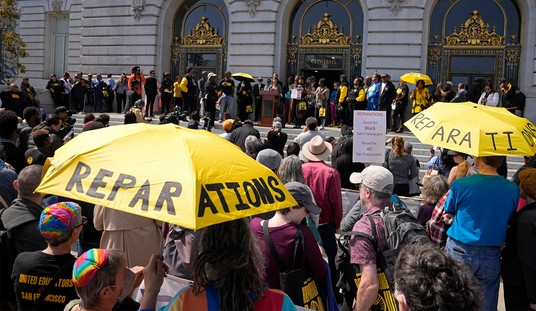A fire in an e-bike shop in New York City’s Chinatown killed four residents of an adjoining apartment building and critically injured two. It was the 92nd fire caused by e-bikes and e-scooters in 2023 in New York City.
Those 92 fires have killed 13 people now and injured at least 66. The number of fires and those who died and were injured are almost as many people killed and injured in e-bike fires in 2021 and 2022 combined.
“The reckless rush to legalize e-mobility devices without regulation has unleashed a terrifying wave of fires, injuries, and tragic deaths,” Councilman Robert Holden of Queens told The New York Post. “It’s heartbreaking to witness the consequences of the previous City Council’s ill-advised actions as these incidents become more and more common.”
Unless properly maintained, the lithium-ion batteries used on e-bikes are highly combustible. Many New York City apartment buildings have banned them after numerous apartment fires.
Mayor Eric Adams has tried to crack down on the low-quality, highly dangerous, jury-rigged e-bikes and the cheap charging devices that can lead to fires. Once these batteries catch fire, they’re very hard to put out.
When lithium-ion batteries fail, they fail horrifically and without warning. “It’s almost like a blowtorch effect that results from the failure, where we see immediate flames in all directions,” FDNY’s chief fire marshal, Daniel Flynn, told me. The flames quickly reach temperatures above 1,000 degrees. Anything combustible nearby will catch fire. The battery cannot be extinguished with water or foam or any regular firefighting material. It just has to burn itself out.
The e-bikes have become essential to the city’s economy and are used by delivery drivers whose numbers in the city have exploded in the last few years thanks to Grub Hub, DoorDash, and Uber Eats. Many of these delivery jobs go to recent immigrants who use cheaper, non-certified batteries because they last longer.
The UL-certified batteries, they argue, just don’t have the power to carry them through their day. “They are smaller and they last less,” said Hildalyn Colón-Hernández, director of policy and strategic partnership at Los Deliveristas Unidos, an advocacy group for New York City’s delivery workers. The certified batteries last three hours, she said, which would require workers to lug around as many as four batteries per shift.
The certified batteries often have less energy because of a key difference in what’s inside. Lithium-ion battery packs are made up of dozens of cells, each roughly the size of a AA battery. The cells are packed closely together. But the electrodes in each cell have to be kept apart. If they come into contact with one another, they can short-circuit, said K.M. Abraham, an expert on lithium-ion batteries and a research professor at the Northeastern University Center for Renewable Energy Technologies. “And when that happens, all of the energy stored in the battery is released very quickly,” he said. The process is called a “thermal runaway”—the battery violently unleashing massive amounts of energy—and it’s the cause of New York’s deadly battery fires.
It’s not just the e-bikes that have created problems for the city. The drivers are using bike lanes reserved for old-fashioned human-powered bikes. They have become a pedestrian hazard as they speed across the city trying to get to their next delivery. There’s also “the makeup of scarce public space, the rise of gig work, NIMBYism, safety concerns, and the future of urban transportation,” according to CNN Business.
The city can’t ban e-bikes without taking a big economic hit. But at the same time, the city appeared to embrace the e-bikes so quickly as a means to solve the traffic and pollution problems that they failed to adequately regulate the manufacture and sale of the bikes. Some of these bikes are death traps and are a danger not only to the owners but to their neighbors as well.
There are around 65,000 delivery workers in New York City. How New York manages the various problems associated with this phenomenon will be instructive for other cities going forward.










